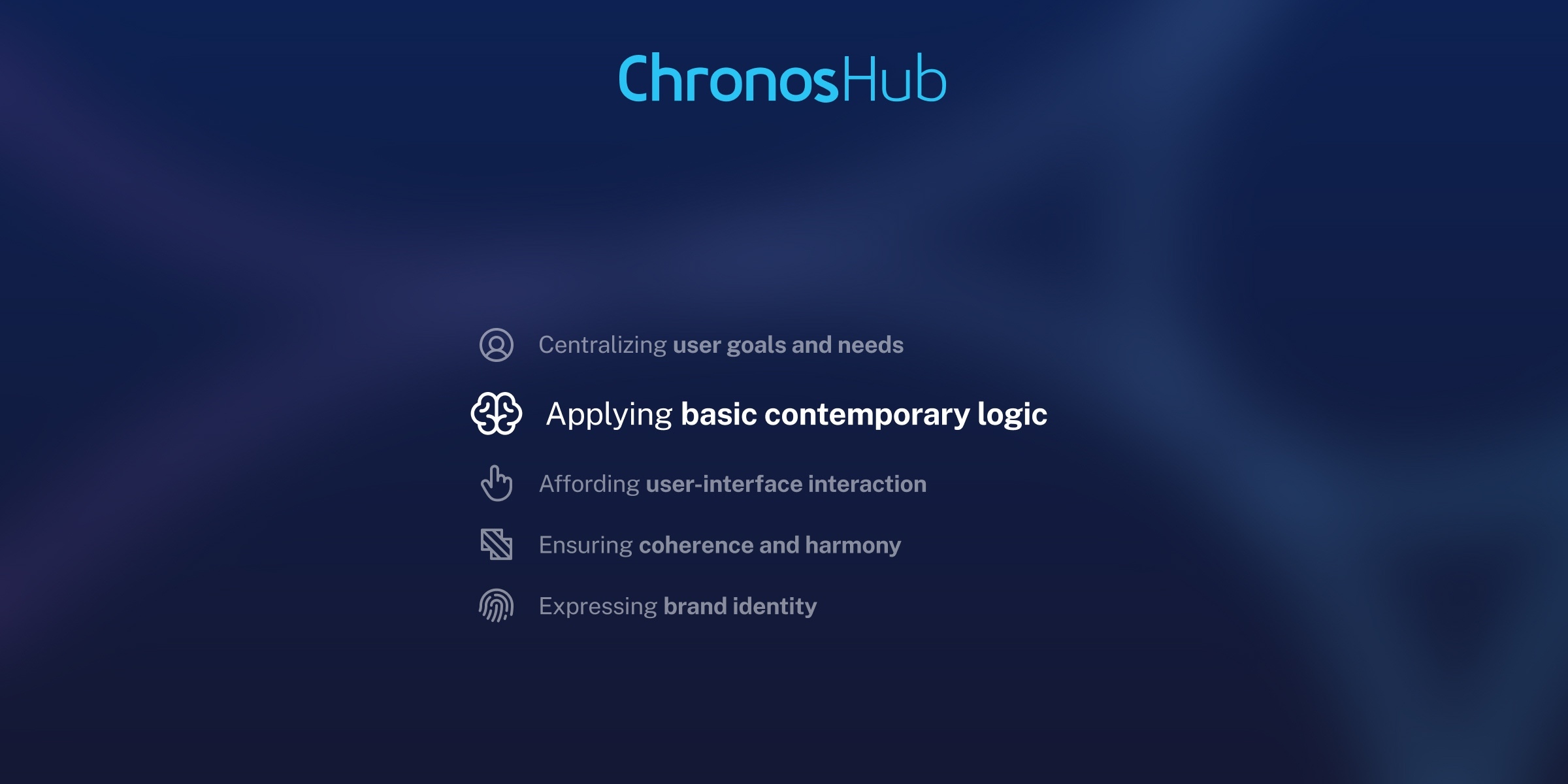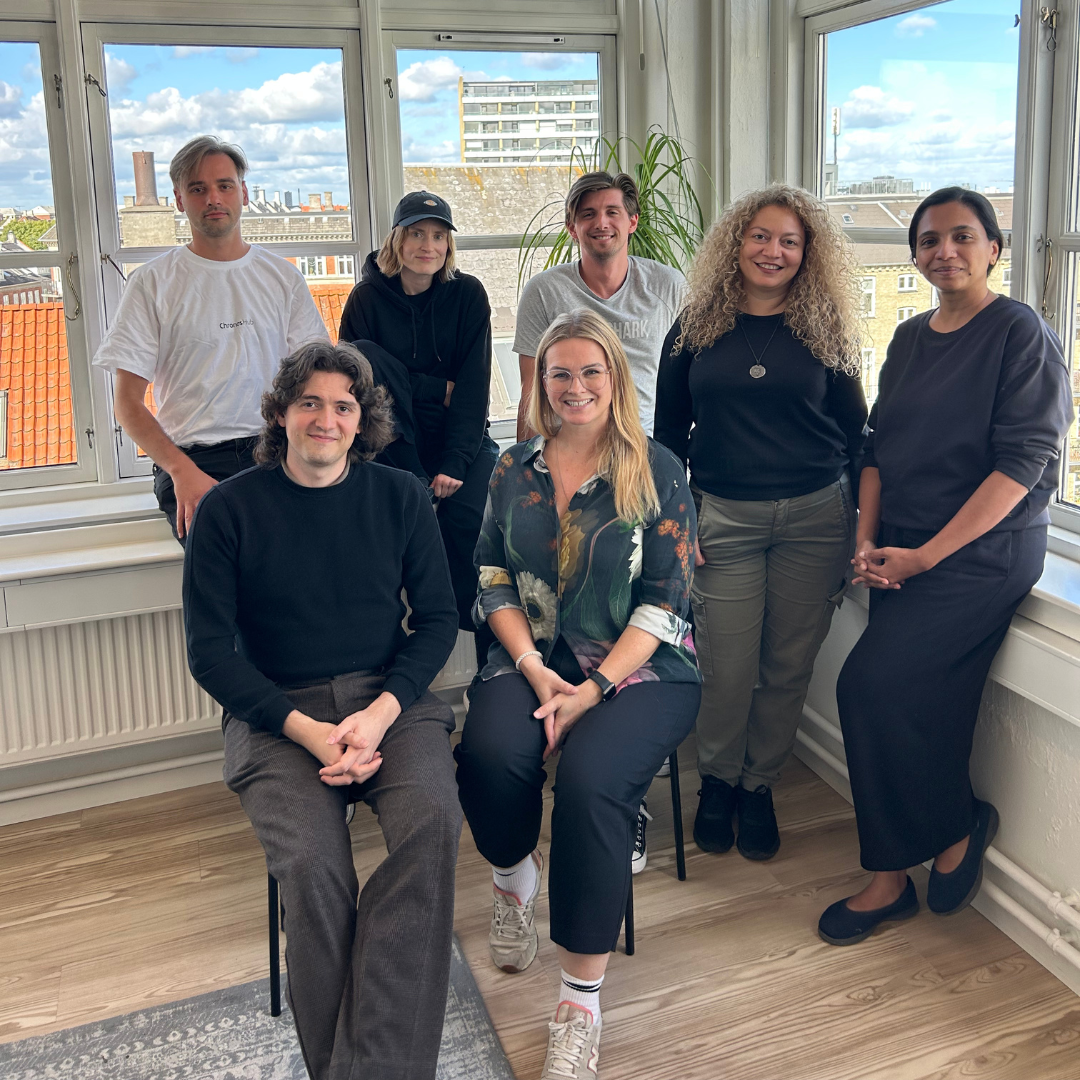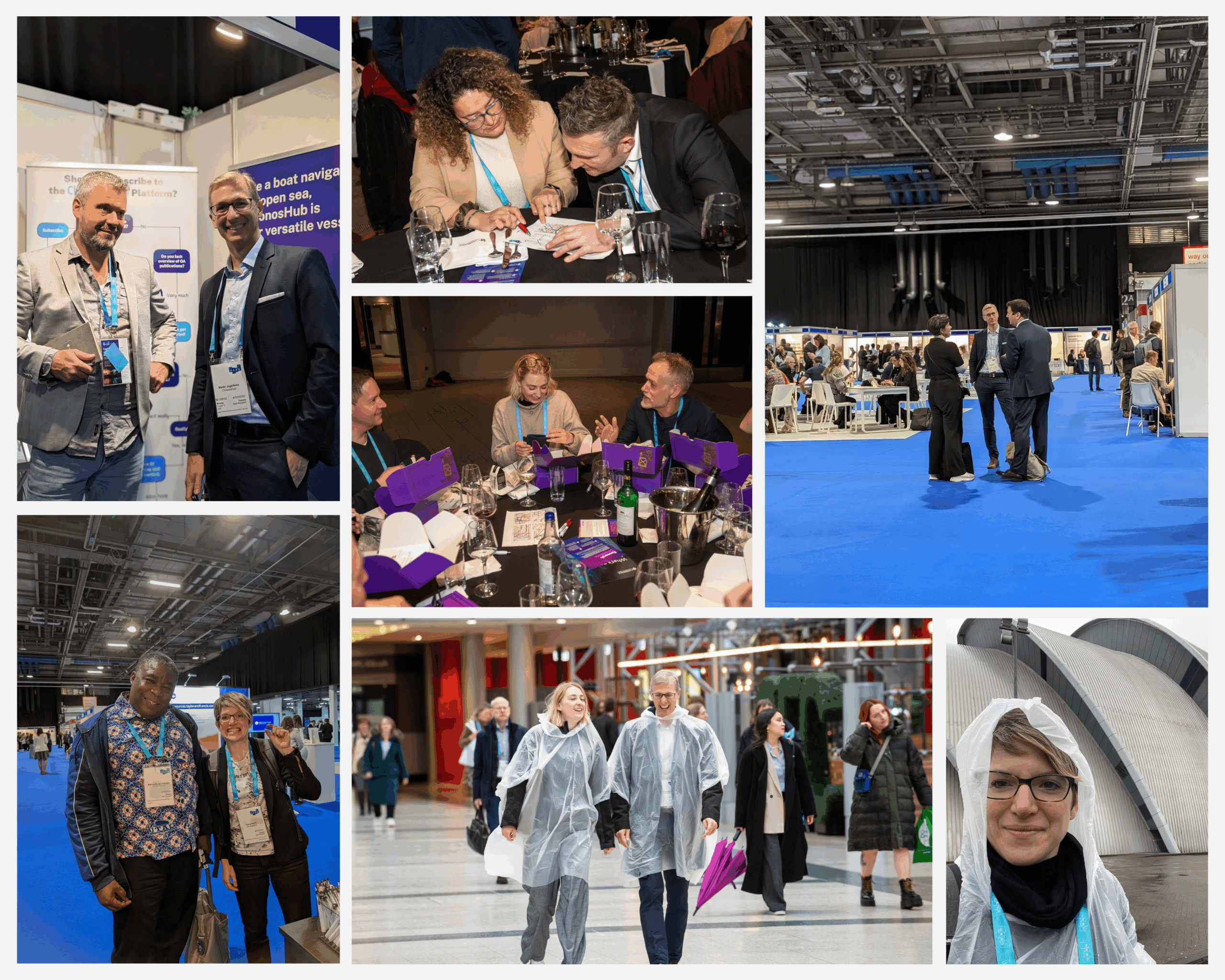New podcast: Our founder on seeing scholarly publishing with fresh eyes


How did ChronosHub go from bold idea to trusted industry partner? Our founder and CEO Christian Grubak reveals all on a recent episode of the Midnight at the Casablanca podcast.
In conversation with Lauren Kane (BioOne), he talks about our bumpy start, including that time that ARR dropped to €5000, and the challenges of bringing innovation into the scholarly publishing space.
Enterprising beginnings
Christian grew up in a creative household. His father was a serial entrepreneur, and Christian and his brothers grew up experimenting with anything they could get their hands on. “I used to take typewriters apart, just to see how they worked,” he recalls.
His route into scholarly publishing was far from traditional. After leaving school at 17, he turned his mind to computers. A bracing early experience at a microchip company (acquired by Intel soon after he joined) was followed by years in ecommerce; first in his native Denmark, and then in Kenya, where he co-founded Sky.Garden.
“This is a project I’m really proud of, because we managed to build a platform that would allow small and medium businesses to sell their products, like Amazon, and deliver them in 3 hours. I can’t even get a parcel delivered same day in Copenhagen!”
First steps into scholarly publishing
In 2017, Christian turned his attention back to Denmark. ChronosHub began as a tool for processing APCs for funders of scholarly research. Developed for a first mover in the market, selling it to others proved to be a stumbling block. And when its largest customer ended their contract in 2021, the company was left with just €5000 in ARR. “It was so damn scary,” Christian admits.
This moment sparked a strategic shift toward publishers and institutions. By the end of the year, ChronosHub was back on its feet.
This experience spoke to the challenges of coming into scholarly publishing as an outsider, having to navigate all its singular practices and language. “I came from a very commercial world, where it’s all about how much money I can make you…Now I’m suddenly in a world where all kinds of other things matter.”
On the flip side, Christian had the great advantage of bringing “fresh eyes” to some very established problems. He saw an industry that was inward-looking to a fault, unlike ecommerce, where knowledge was constantly captured from other fields and put to work through innovative tech.
“We can’t pretend like we’re on an isolated island in the sea,” he emphasizes. “At some point, the icebergs are going to melt, and this island is going to get smaller and smaller. I fear that is a consequence of not looking out. We can learn so much from what others are doing.”
A breakthrough investment
ChronosHub’s push for innovation was given a huge boost in 2023, when it was acquired by American Chemical Society (ACS).
“I realized that venture capital would have been a very bad idea because we would have become overfunded. So, when we started talking to ACS, it was very clear to me that they had a mission and I had a mission, so that was that for me.”
Christian insisted on remaining independent. From his early experience with the microchip company and Intel, he’d seen the dangers of startups being subsumed into bigger organizations.
“I believe that what ACS saw by keeping us at arm’s length, was that they got a team of ride or die individuals, people who think, move, and talk differently.”
With independence intact, and ACS’s full support behind them, ChronosHub could start operating on a whole new scale. “In my mind, everything we did, from starting the company to partnering with ACS, was a test and survival.”
Building an innovative ecosystem
APC management is still a part of ChronosHub. But just one part. Today, ChronosHub serves publishers, institutions, and funders, simplifying pre- and post-acceptance workflows throughout the publishing journey.
But the goal is not to become the only platform that our customers need. But rather be a system-agnostic “tech enabler” that allows innovation to flourish within the space.
“Let’s say I just invented a new great feature; you can have it for $5,000 a year. But because of your infrastructure, and because you have all these people you have to do change management for, you may have to invest a million dollars.”
ChronosHub allows you to test, adopt, and replace systems with minimal headaches and investment, so new tools can go mainstream fast.
“I want to take this to an ecosystem, and the definition of an ecosystem is that you’re not controlling it. We’re providing the framework for others to offer their products and capabilities, which our customers can choose. And then our APC management, as an example, is another feature you can choose to activate.”
To hear more from Christian, check out the full episode here.
Share this post





